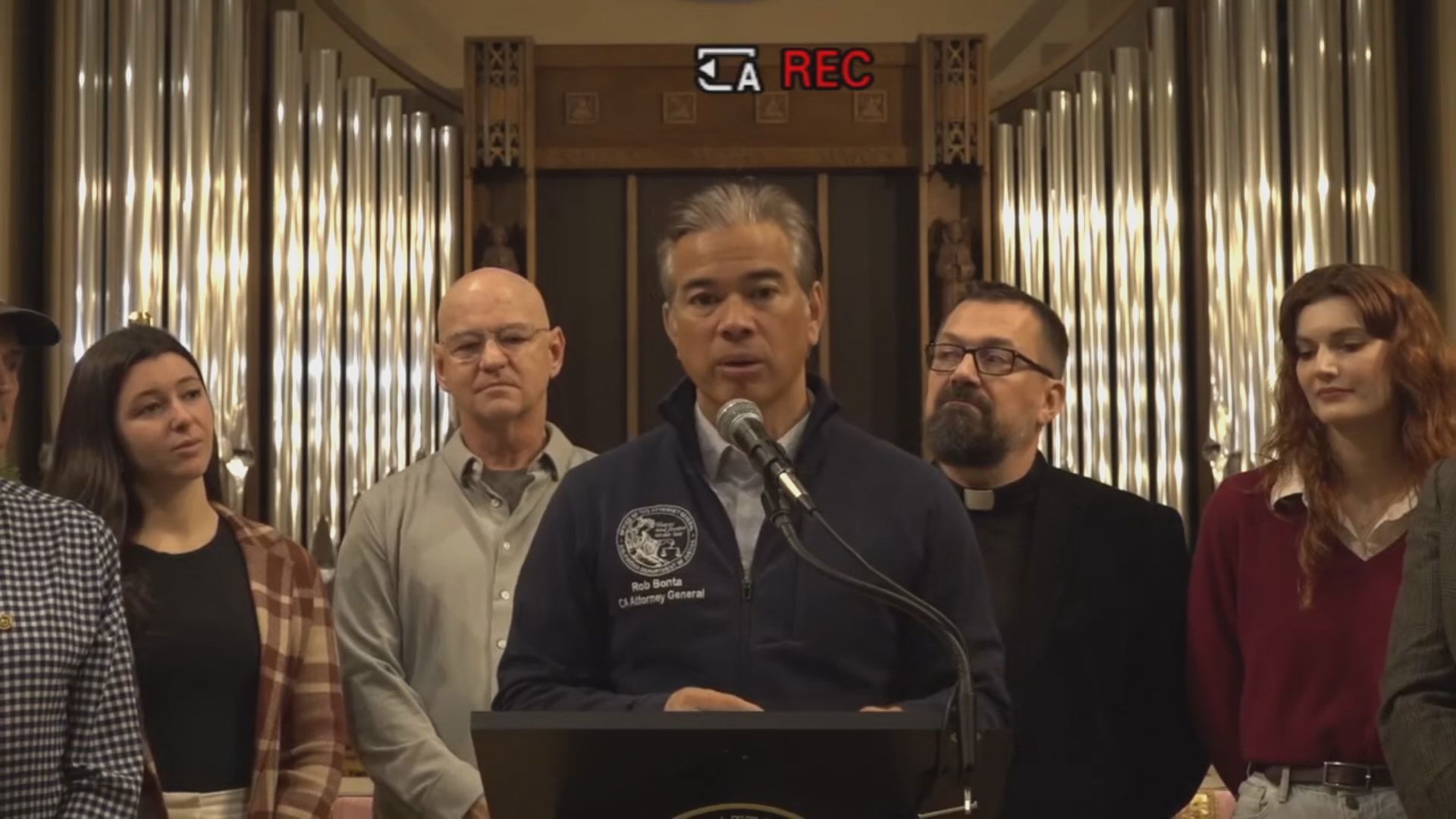CALIFORNIA, USA — California is seeking to hold giant corporations more accountable for causing harm and help people who are crime victims.
A new law authored by Assemblymember Jesse Gabriel will create a state version of the federal Victims of Crime Act (VOVA), to establish more secure funding for support services.
Money allocated from the federal government’s Victims of Crime Act (VOCA) is divided between states to help fund support service programs for victims of domestic violence, sexual assault and human trafficking.
Federal funding to help people dealing with the trauma of being a victim of crimes has been drastically cut over the last few years, putting both victims and their families in vulnerable positions.
Total funding was cut from $1.9 billion in 2023 to $1.35 billion in 2024, which led to a 37% reduction in funding allocated to states.
California’s portion of the funds was slashed from $153 million to $87 million in VOCA funding, the primary source of funding for the dozens of victim resource programs throughout the state.
“In a lot of cases, the services that are being provided by these organizations are life-saving services. They are helping people who are fleeing an abusive situation; they are helping people who’ve been traumatized and abused and trafficked,” Gabriel said.
Known as the California Victims of Crime Act, funds will come from civil penalties against giant corporations when they are found guilty of crimes.
The new law will change the existing capped amount of $100,000. Fines can be levied up to 2x the amount of the harm done, as determined by the judge, with a maximum of $25 million.
“District attorneys will be able to secure rulings and judgments that have a much greater deterrent effect to convince folks, whether they’re polluting our beautiful, natural resources, whether they’re defrauding our parents or grandparents…,” Gabriel said. “...And if they do that, they will be held accountable.”
The money collected by the fines will primarily go to organizations like HAVEN in Stanislaus County. HAVEN provides services such as legal help filing a restraining order, peer counseling and ongoing case management for victims.
“People come to us at a variety of times of when they’ve been impacted by trauma,” said HAVEN executive director May Rico. “We might encounter them right after [a crime] or they might have been abused as children, and as adults realize the impact that it’s having.”
Starting in 2018, HAVEN has navigated a world of decreased resources as VOCA funding experienced significant cuts.
California experienced a 44.7% cut in funding last fiscal year. However, the state stepped in, backfilling the loss by providing a one-time investment of $103 million through the state’s budget to help keep organizations like HAVEN running.
“The state of California really mitigated what the impact could have been,” Rico said. “...I don’t have words for what the impact would have been.”
While cuts were mitigated, HAVEN still had to eliminate its dedicated legal staff and now has only one legal program manager. They used to employ three staff members who focused on helping people fill out restraining orders, but now they've had to train other staff members to assist.
“It is definitely not the best way for us to provide that service - or the way that really serves our community…we had to do the best that we could with what we had left,” Rico said.
As the new law goes into effect, the funds will take some time to build up. The next few years could require the state to continue stepping in, which Gabriel, the chair of the Assembly Budget Committee, says he's prepared to do.
“We are not going to allow these organizations to shut their doors,” Gabriel said.
Gov. Gavin Newsom will unveil his January budget proposal by January 10, which could provide a clearer picture of what’s ahead for HAVEN and all the other programs across the state.



















